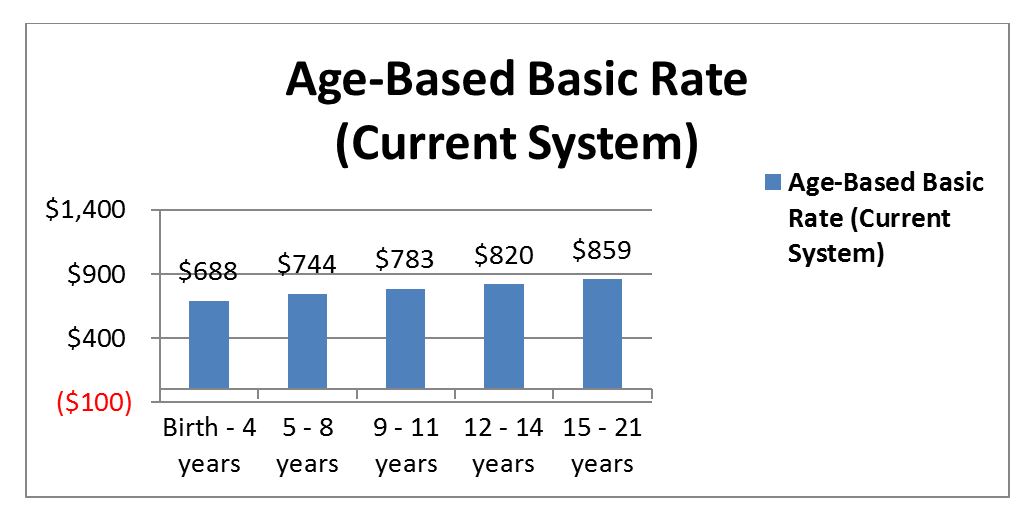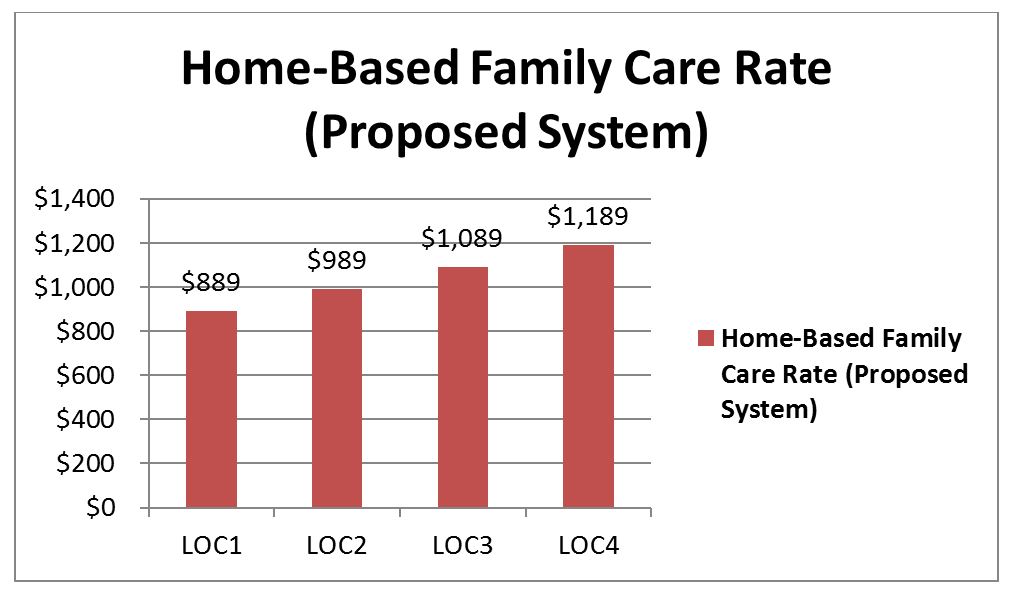On May 13, 2016, Governor Brown released his updated budget for the upcoming fiscal year. The proposal calls for the creation of a four-tiered Home-Based Family Care rate that is based on the child’s level-of-care. This new home-based family care rate will replace the existing rate structure for out-of-home placements, which provides a basic rate based on the child’s age and is variable between Foster Family Agency placements, county placements, and kinship placements. Historically, kinship families have received the least amount of support. While the Approved Relative Caregiver program passed in 2014 helped to address the inequities kinship families face, because of the optional nature of the program, kinship families in 10 California counties have never benefitted from the reform. And, even in those counties that opted into ARC, the funding was limited to the basic foster care rate, without consideration of any of the special needs of the child. If passed, the new home-based family care rate would represent the first time in California’s history that relative foster families would be eligible for the same level of funding through the state as all other foster families. And, it’s also the first time that the state foster care rate has attempted to account for the needs of a child, as opposed to basing the rate on the type of placement.


Families will also continue to be eligible for the specialized care increments provided to children with special needs.
While this represents a significant change in the structure of our foster care rate system, and is a huge victory for our kinship foster families, our work is not done. We are examining whether the levels of care proposed for the new home-based family rate are sufficient to address the multitude of special needs of many foster youth. At present, the budget seems to be built on an assumption that counties will continue to supplement the state rates with Specialized Care Increments. However, many kinship families continue to be excluded from the county specialized care systems. It is essential that our kinship families have access to the full range of benefits, supports, and services offered to all other foster parents – regardless of whether those funds come from the state or the county. We will continue to fight for a system that accounts for the needs of all children and provides for those needs across all placements, including the placements where children do best – with kin.




